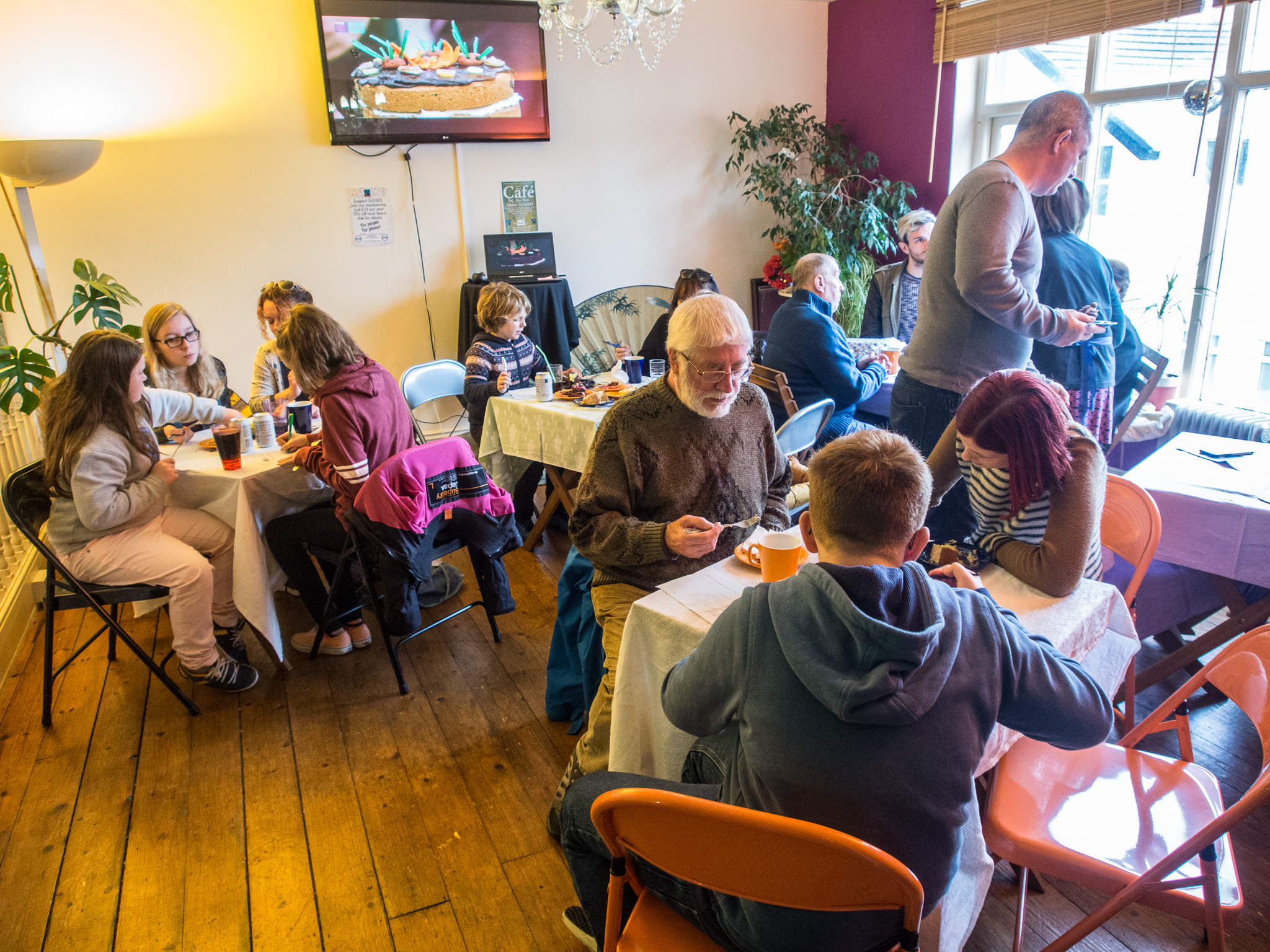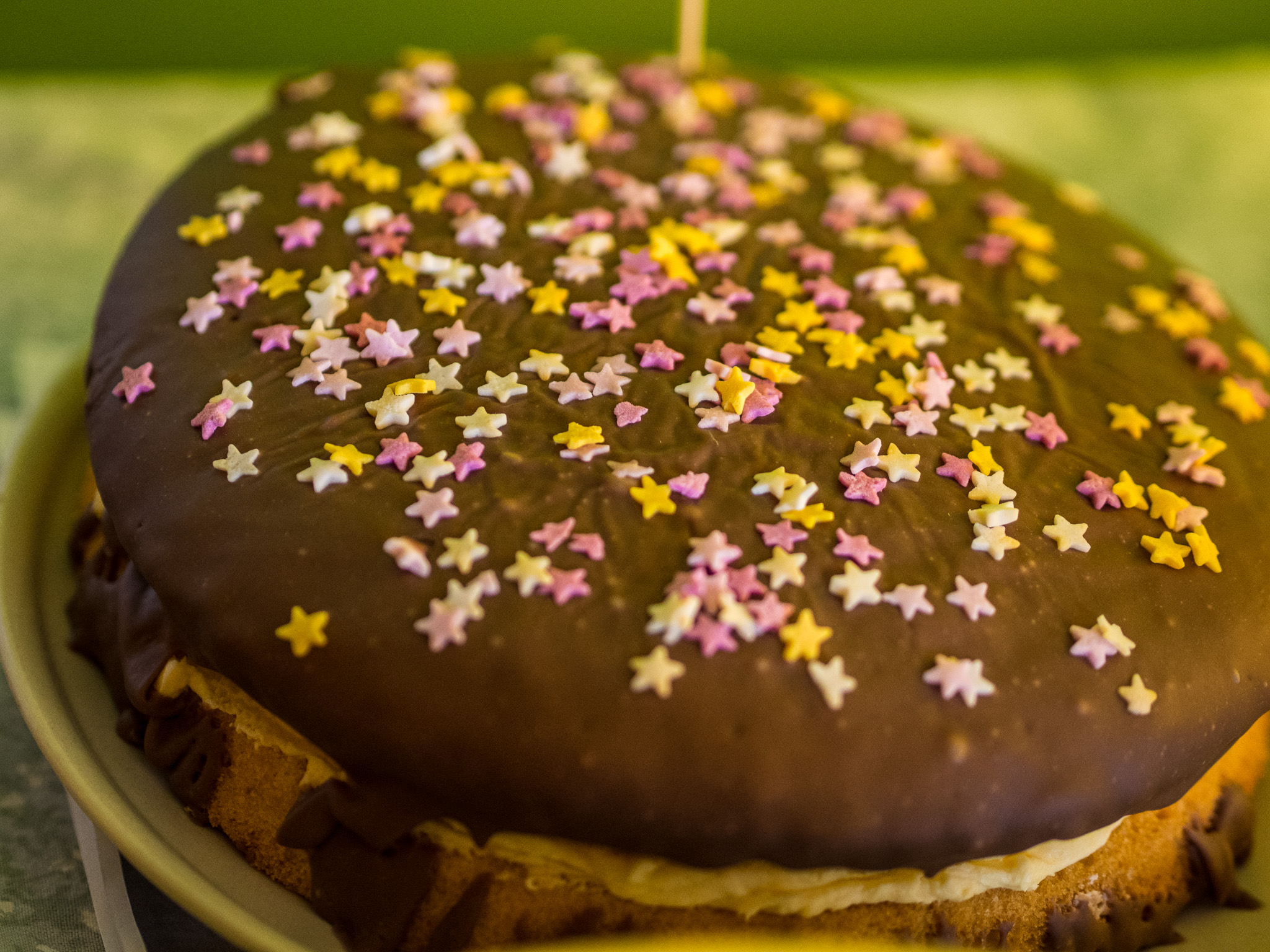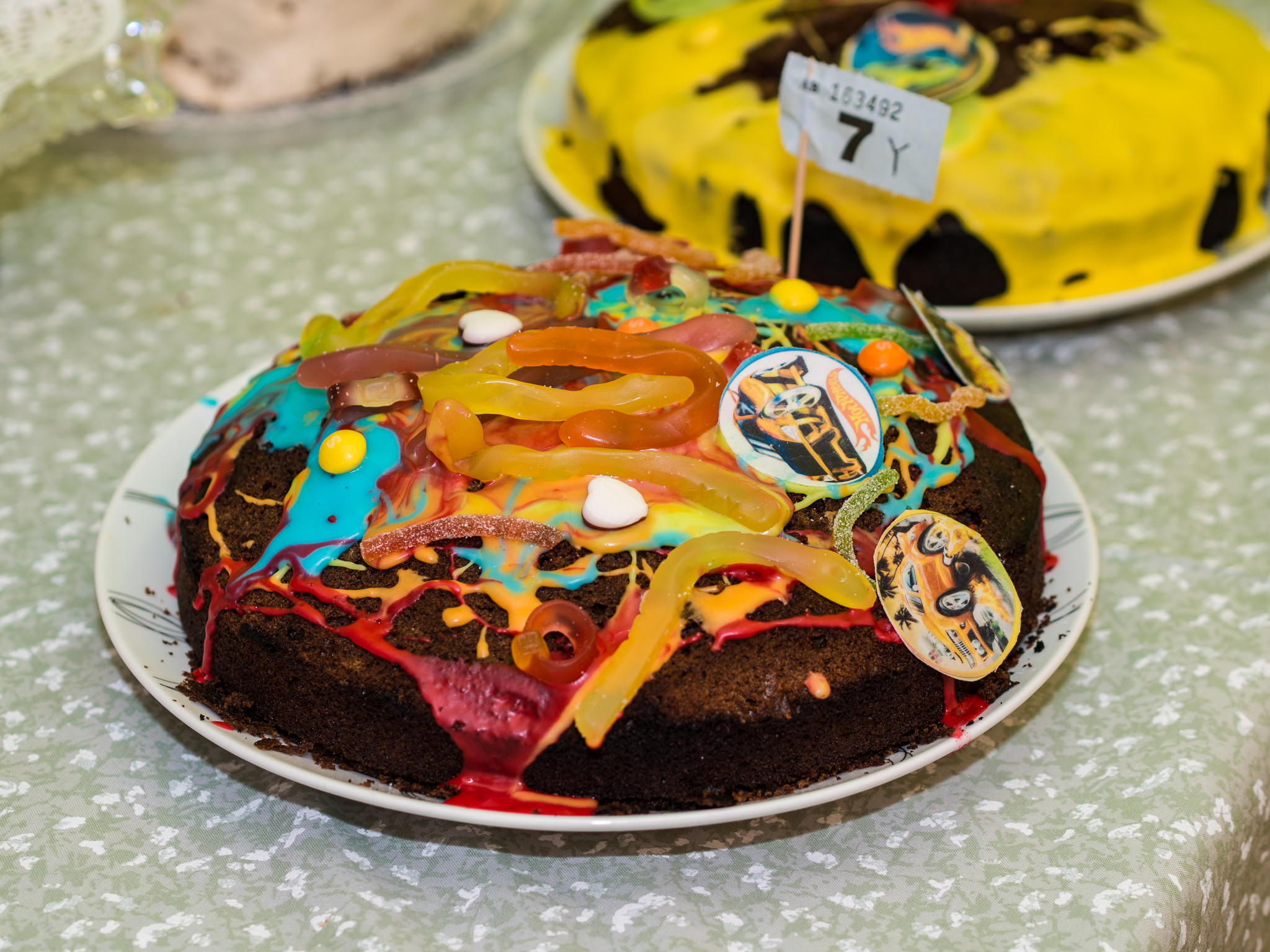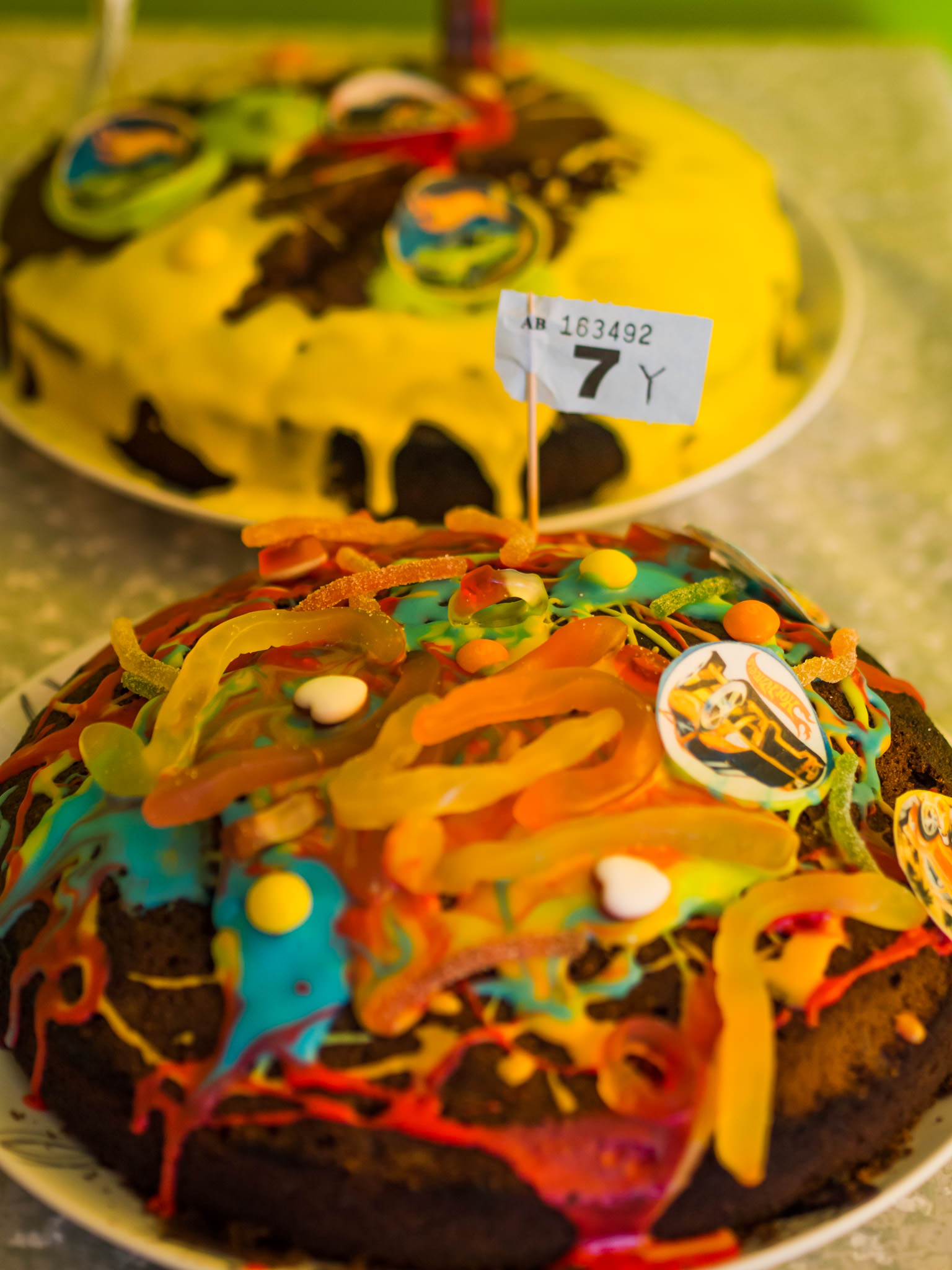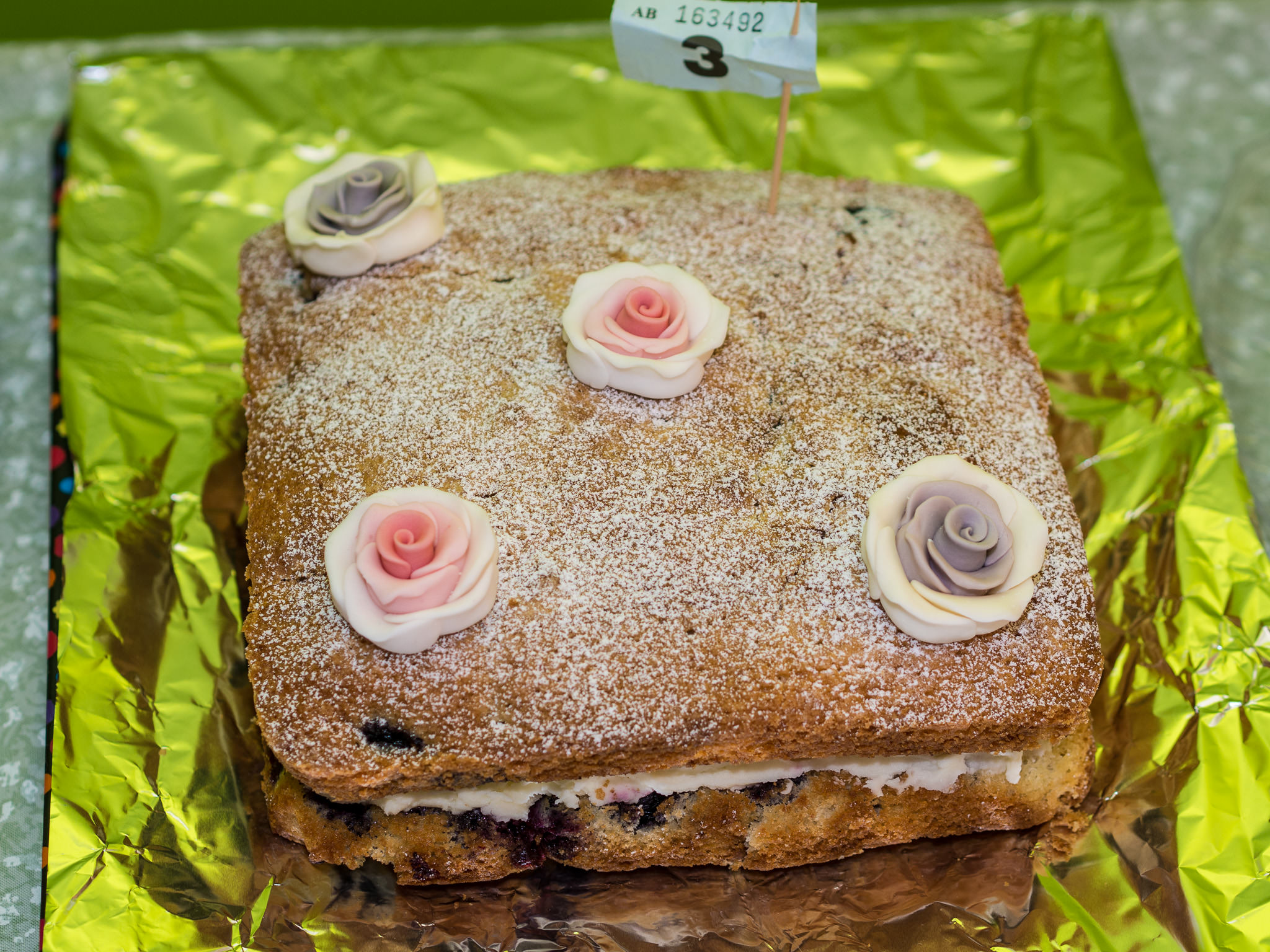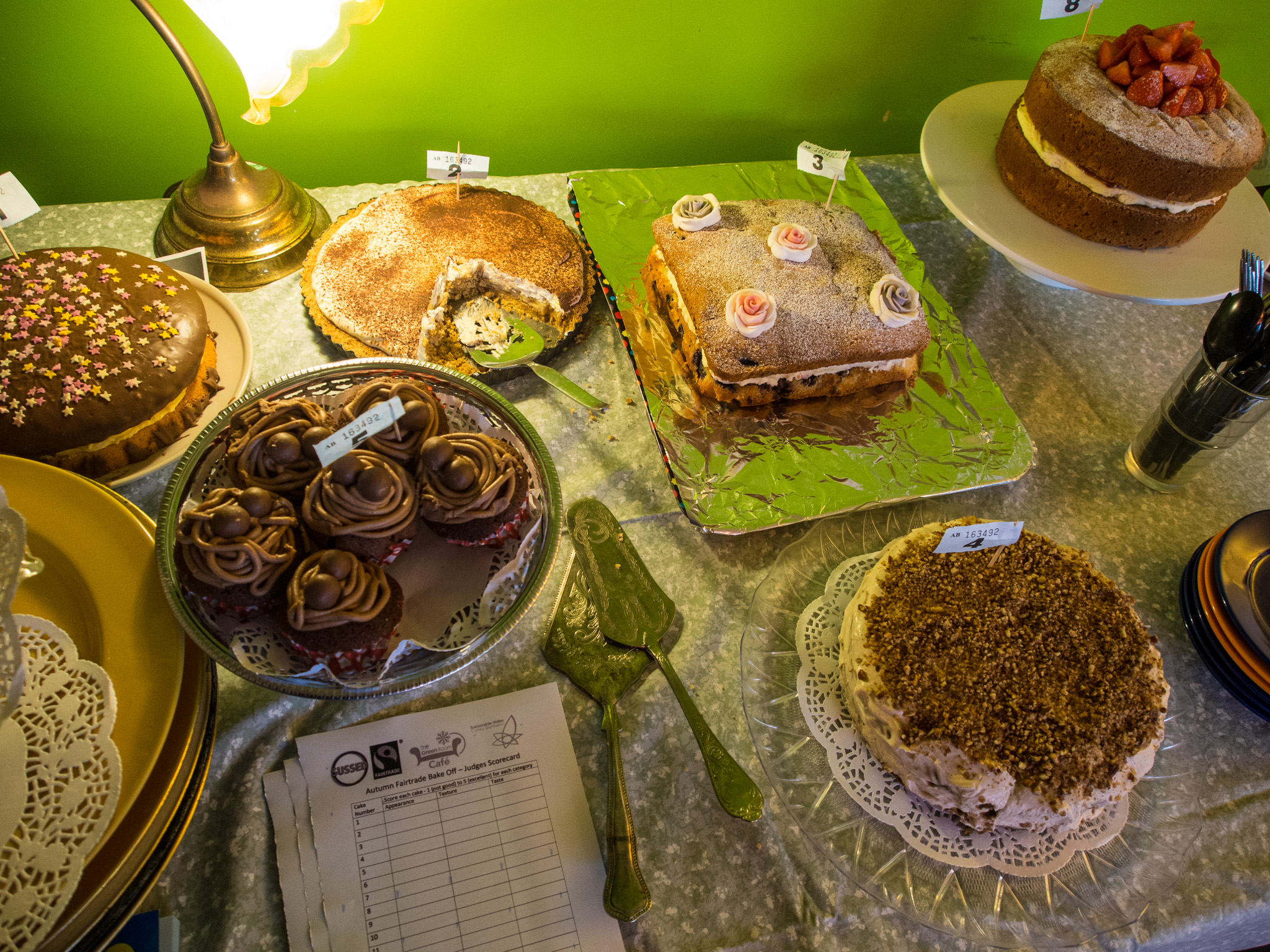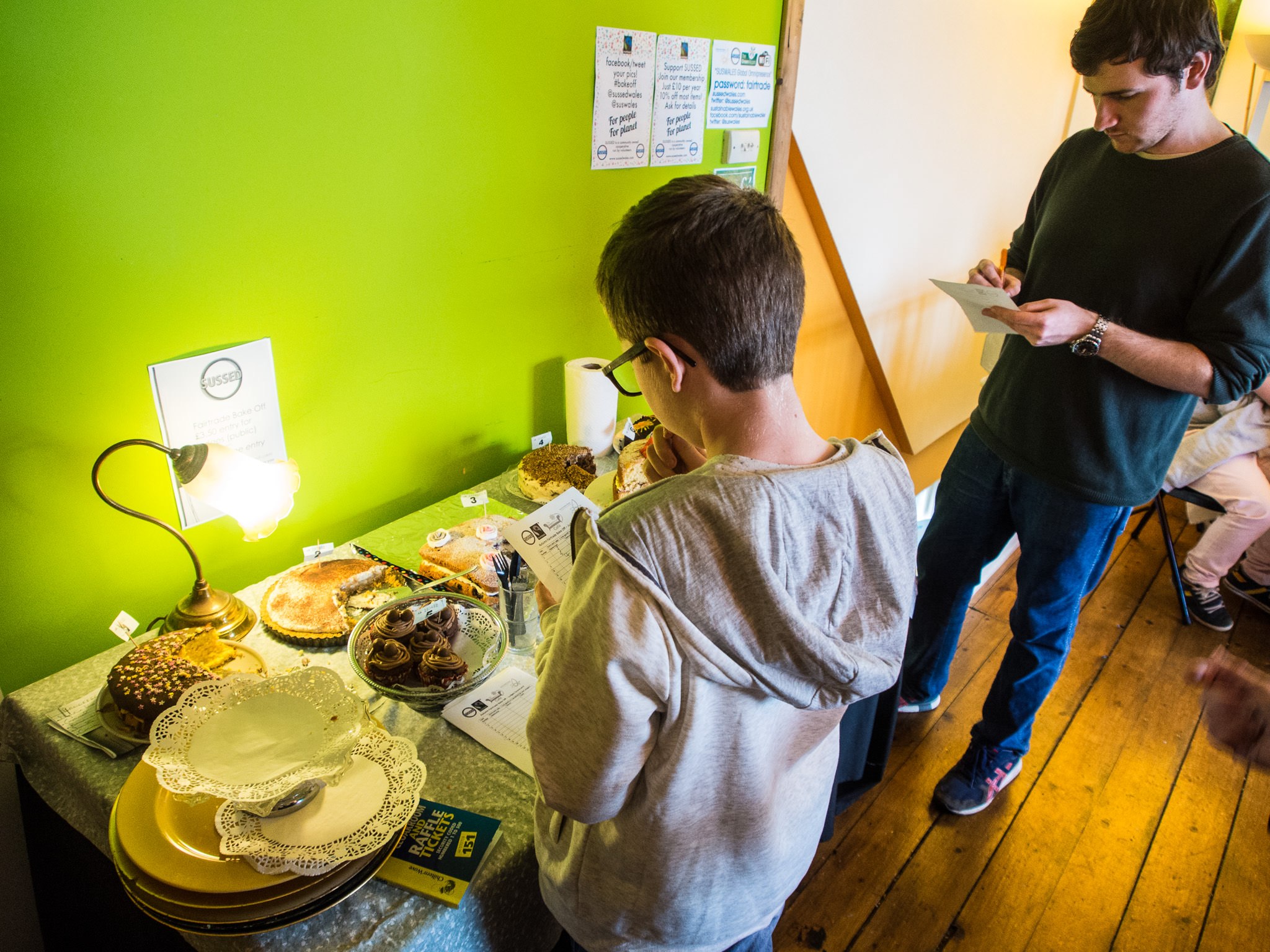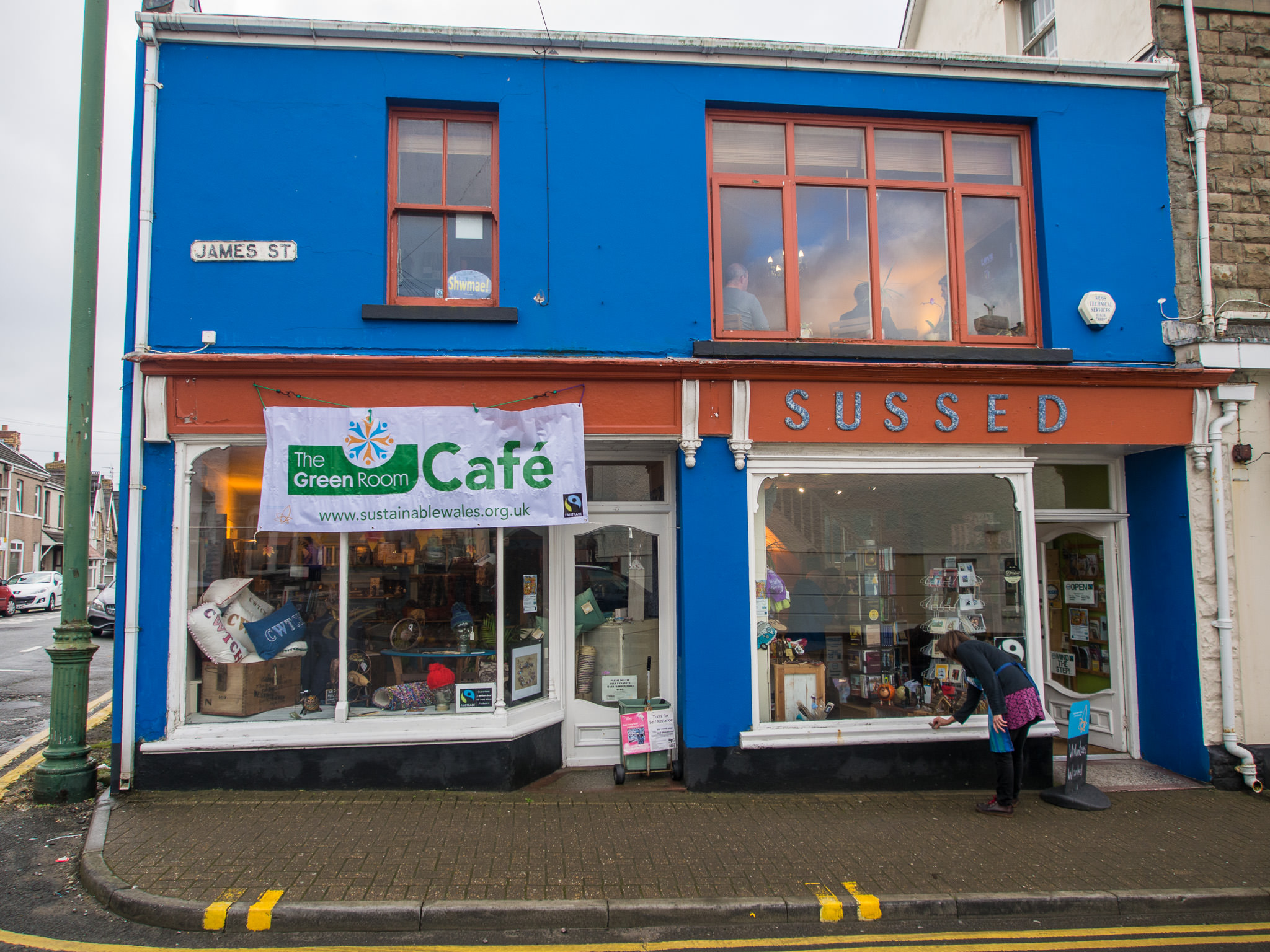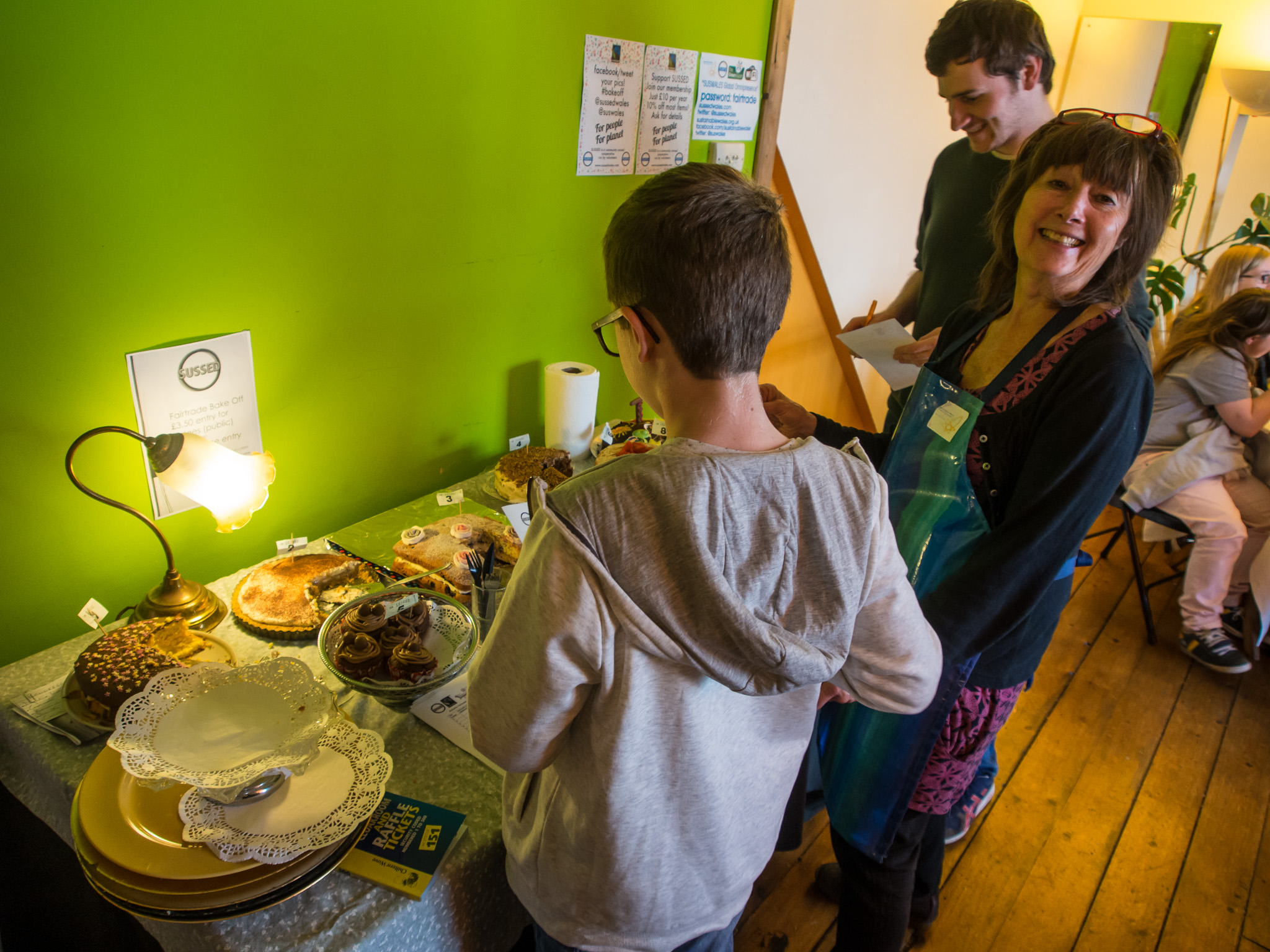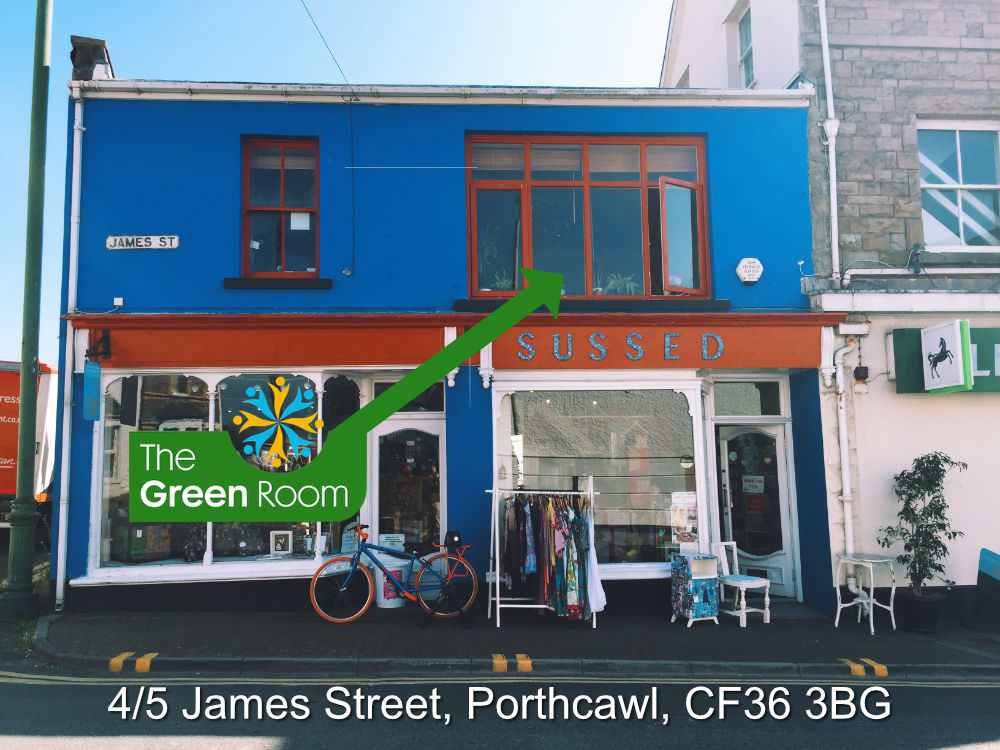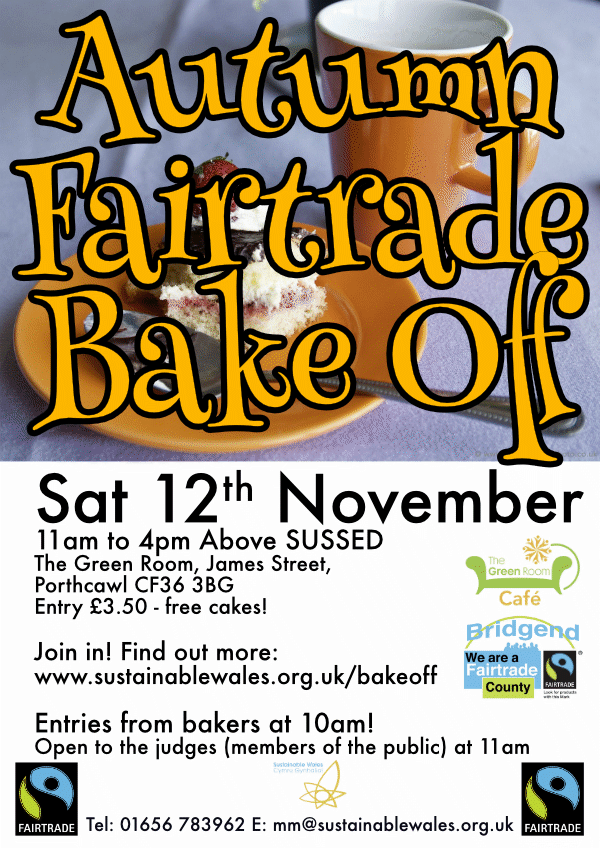Guest Blog by Peter Adamson
The place where I’ve lived for the past ten years is abundant in trees. All kinds of them. It is an ex-coal mining valley, but you wouldn’t know it if you were not from around here.
The old pit site, a stone’s throw from my modest old miner’s cottage, where I’ve retreated in my middle age, is green and lush after the intensive planting of trees in the last decade or so.
Hazel, rowan, birch, sycamore and willow are now well established throughout the site, though they are by no means mature yet.
What was the pit site has been landscaped and is now called Parc Arael Griffin. It is home to the Guardian statue, erected as a memorial to a mining disaster that happened here in June 1960.
The site, being on a hillside, gives the visitor good views. You cannot help be struck by its scenic location, encircled by thickly wooded hillsides.
Some of this woodland is native beech, oak and birch. But then there are plantations of pine and fir trees, some of which are larch. For a pine tree the larch is unusual as it is deciduous.
Recently, feeling depressed about seemingly out of control climate change – we are in a run of years where each successive year is warmer than the last – I was casting around for some shred of comfort. I began to think about some of the mature trees I see in the woodlands near where I live.
Some of the plantation trees are now impressively tall. They’ve been left alone and have had the space(forgive the pun) - to truly branch out. The woody mass of these trees is concentrated in their trunks and not in their branches. These are trees planted for their commercial value: straight trunks that rapidly put on weight.
Then there are the beech trees. These are not plantation trees but native woodland. Again, they have been left alone and rather than being tall they are often squat. Hulking, burly fellows that they are, the circumference of some of their trunks is something to wonder at.
Every year these trees expand in size. Depending on the variety, they will continue to expand indefinitely. And each year of growth is more than the last. The increase in size is increasingly steep as the years go by.
There is a levelling off of growth eventually, or they die, or get blown over in storms, but with the correct variety and given a good site, trees can get to be an enormous size.
Thus trees all over the world are soaking up carbon dioxide on an annual basis, and holding it there. If global emissions of carbon dioxide from burning fossil fuels is not yet under control, some comfort should be taken from the knowledge that trees will increasingly draw down carbon dioxide from the atmosphere and neutralise it in the form of wood, timber or, to use a more technical term, biomass, for years to come.
Trees are also democratic. We can all support them, either by planting in a garden or scrap of urban wasteland. We can watch out for them when they are in danger from developers.
To help us with this there are charitable organisations like the Woodland Trust, and Tree Aid, which will be more than happy to plant trees on our behalf, or give advice on planting our own. And if you’ve never done it before, autumn and spring are the seasons for planting.
One of my favourite trees is the beech. They seem to do well in upland areas. I have spent a good deal of time walking and hiking the hills over the years, and I have developed a great affinity for them.
It is a tree that can live for a very long time, centuries even. Some of them with their bulk, and grey hide, might be compared to animals like whales or elephants. I’m drawn to place my hands on their flanks sometimes, to feel a greater connection with them!
The grey bark of the beech is skin smooth. Not that dissimilar to our own skins. And the shape and form of the trunk and branches is often startlingly similar to the human body, with a curly-wurly and muscular quality to them. Some of them could be Greek gods or goddesses.
Trees have traditionally had many uses, providing basic materials for all manner of things from buildings to boats. In this area, wooden pit props would have assisted in the mining of coal.
Today, they help filter polluted air in our cities and towns, and, as we’ve already explored, they are an already existing ‘carbon capture and storage’ solution for us.
But they can also be an inspiration for our inner, creative lives too, so we should cultivate and celebrate that aspect of trees.
‘The wood is a person,
Nature’s old pensioner.
Crabby and crooked,
Wilful and wayward,
Watching the river,
Hugging the hill.
Wearing green garments -
Leafy cloaks and hats -
Changing her fashion in autumn
To something more dashing,
Gold, red and tawny,
Before she goes naked.
Decorating herself
With lichen and bracken,
Accommodating small animals
And birds in her hair.’
From The Mink War by Gene Kemp





